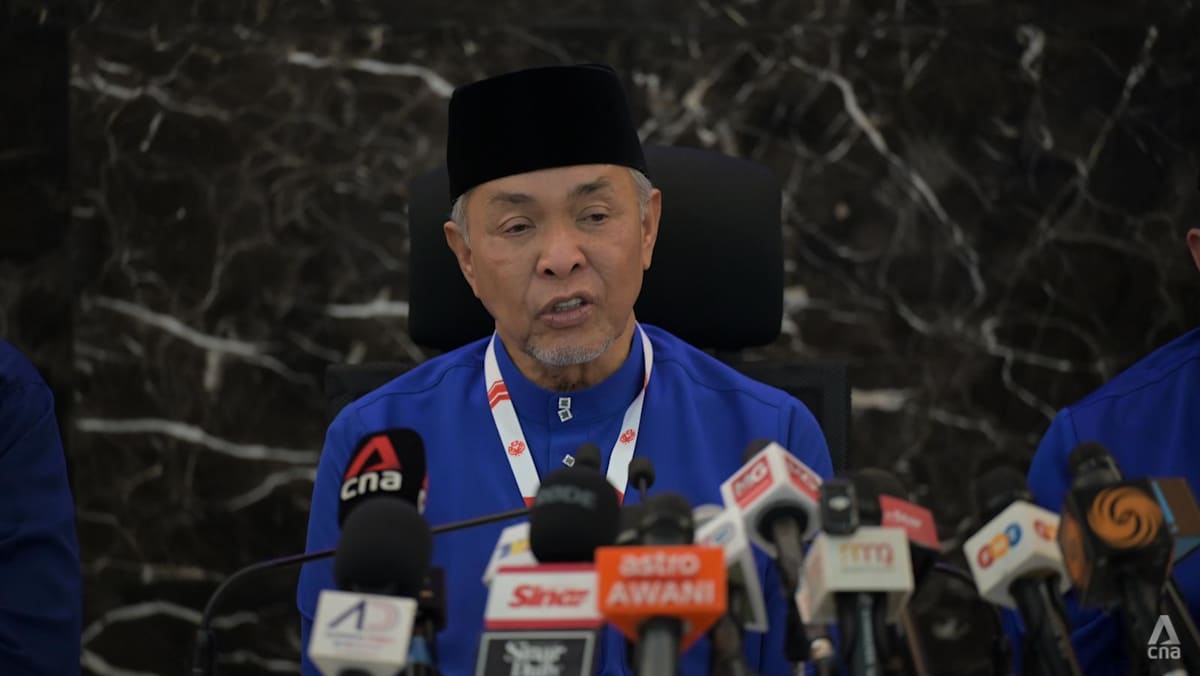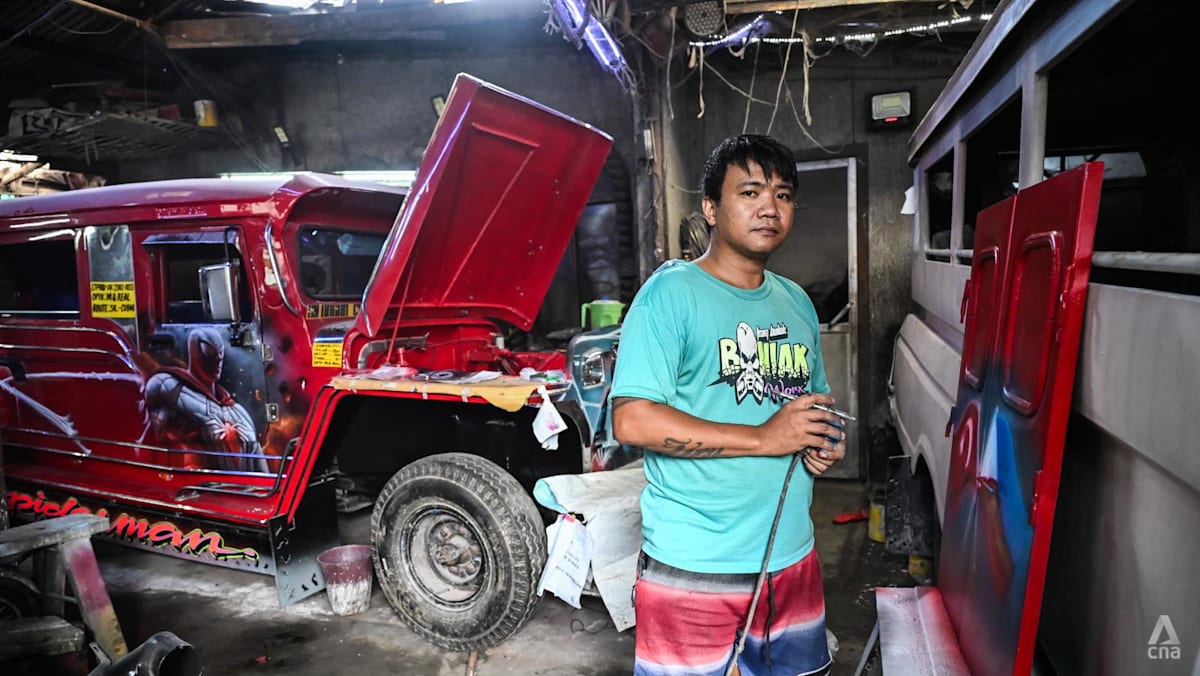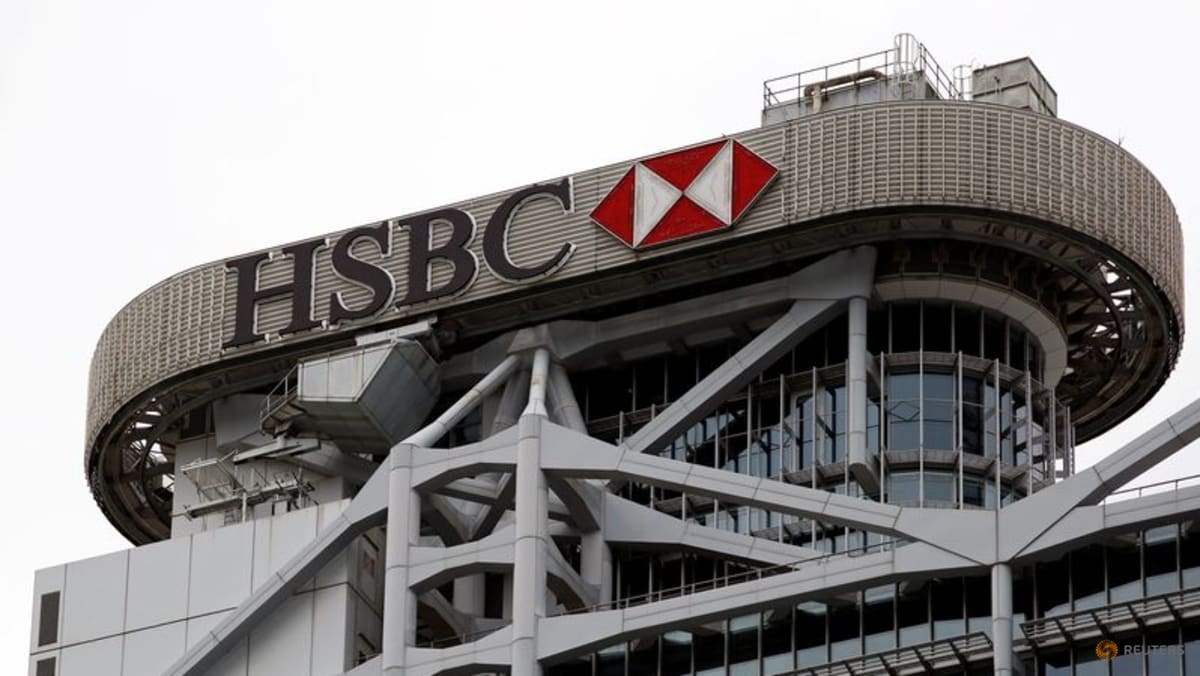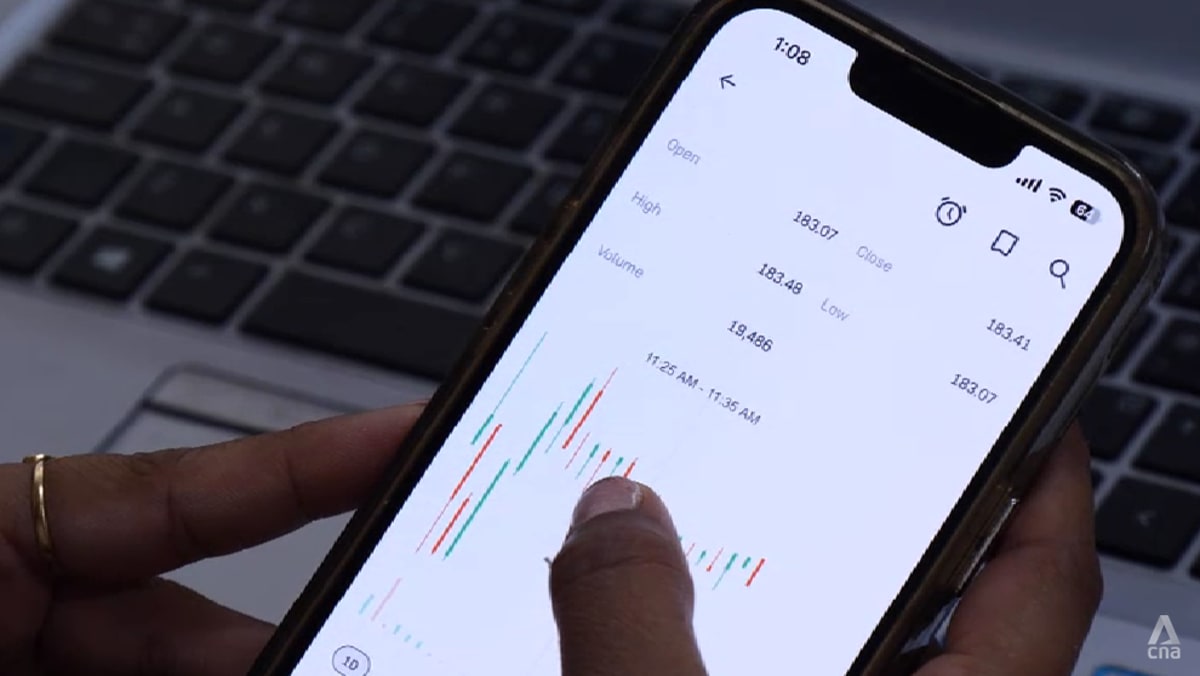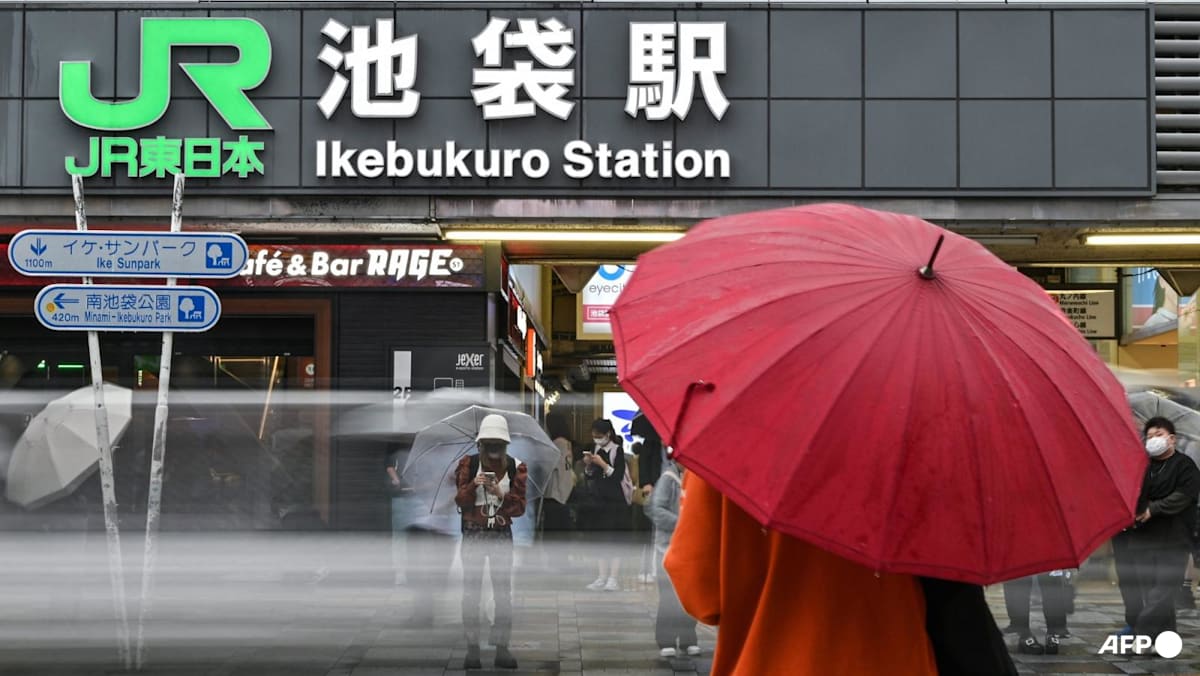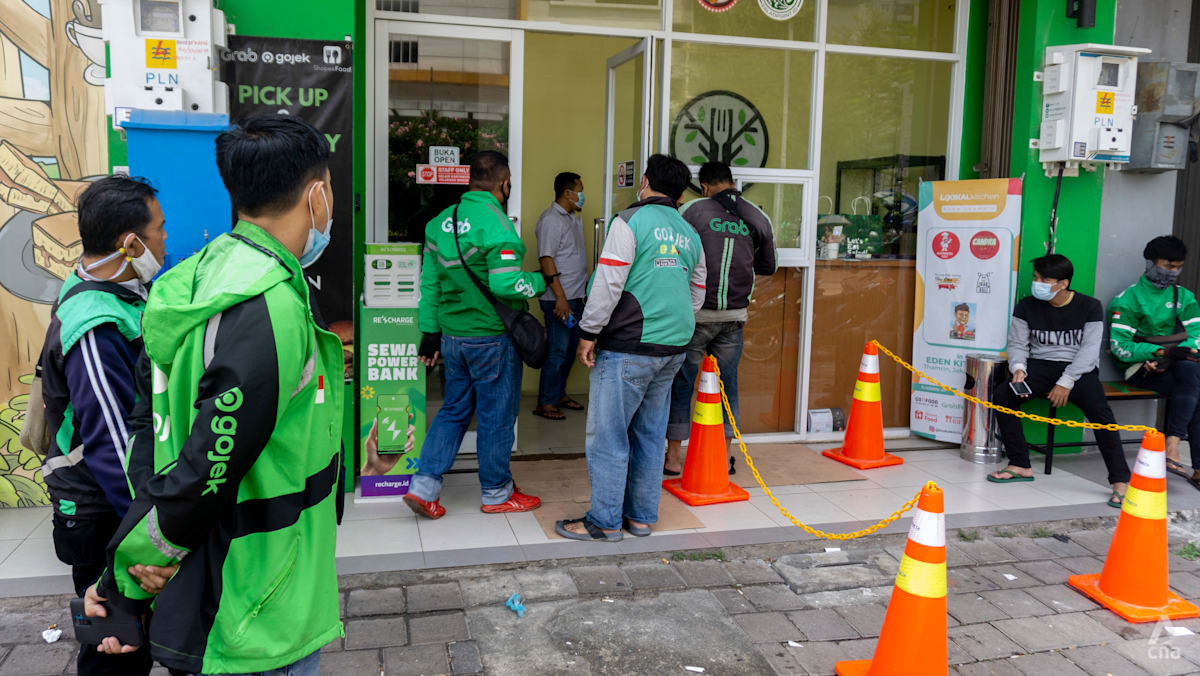Philippines fishermen worry solar farm on lake will hurt incomes
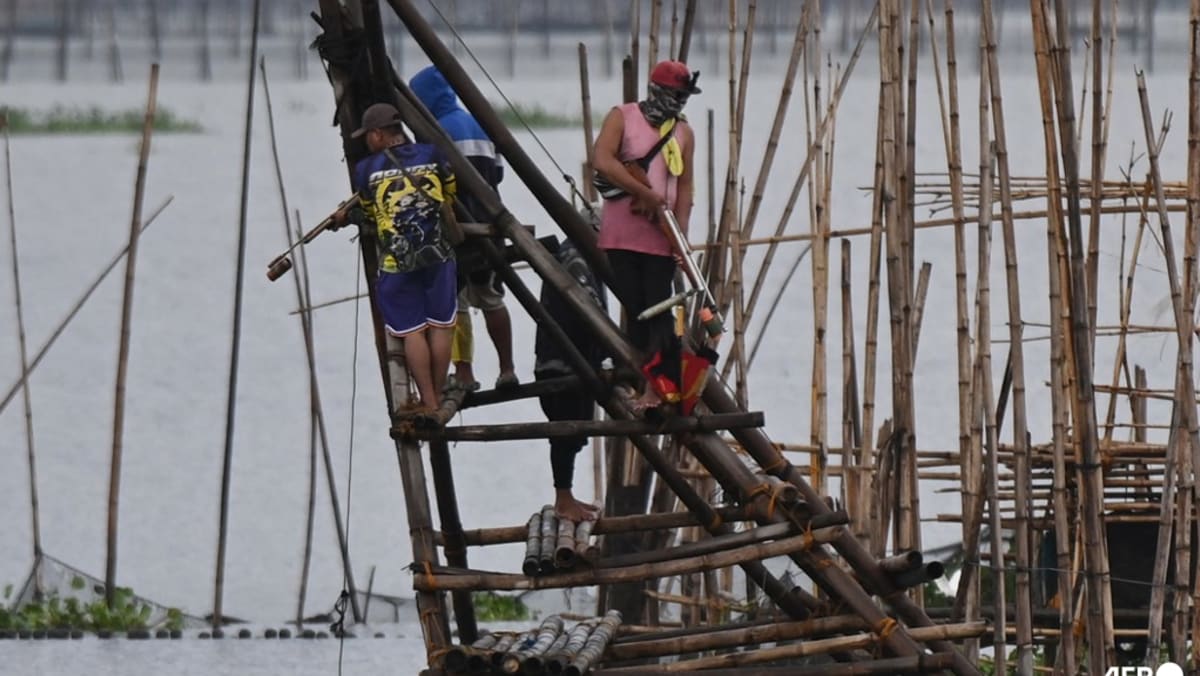
POTENTIAL HAZARDS
Under the project, Laguna Lake, which spans 91,000ha southeast of Manila, will host three floating solar projects atop 2,000ha of water that will generate about 2 gigawatts of electricity to supply the Laguna area and the capital by 2026.
Contracts have already been awarded to three companies that must still undergo an environmental impact assessment before construction can start.
Alcones is one of the 13,000 people who depend on the lake for their livelihoods, according to the Laguna Lake Development Authority (LLDA), a state agency responsible for the preservation, development and sustainability of the area.
The LLDA regularly meets with fisher groups to hear their concerns and the government “doesn’t want to dislocate them as much as possible” when the solar project gets underway, said Mhai Dizon, the LLDA’s renewable energy project coordinator.
But the Philippines’ largest fishermen’s alliance, the National Federation of Small Fisherfolk Organizations in the Philippines, or Pamalakaya, accused the LLDA of only consulting local government officials and small groups of Laguna fishermen.
Following a request by Pamalakaya, it met with the LLDA in Manila in July, when it raised concerns that the Laguna solar project could impact more than 8,000 fishermen, including 2,000 people who work in aquaculture, according to Ronnel Arambulo, Pamalakaya’s vice chairperson.
“We are worried that the floating solar farms will further shrink our fishing grounds that have already been reduced by past development projects,” Arambulo told The Thomson Reuters Foundation outside of the meeting, which was closed to press.
Fishermen from Pamalakaya fear the project would reduce catches and pose hazards to communities if they become untethered during strong typhoons and rising water levels, Arambulo said. The panels could also impede boats and destroy docks, he said.
Waterborne solar panels are still being tested and they raise “numerous questions” about potential long-term effects on the environment and local communities, according to the Responsible Energy Initiative report.
Coastal soil erosion, increased sedimentation and siltation, disruption of photosynthesis and diminished fishing yields as the ecosystem changes are among potential risks.
“Depending on their specific location and scale, floating solar can reduce access to fishing grounds by independent fishermen,” said Marvin Lagonera, Forum for the Future’s energy transition strategist in Southeast Asia. He described “a rights-based approach” in clean energy transitions as essential.
“This includes meaningfully engaging with impacted communities,” including civil society, environmental groups and local communities, he said.
Source: CNA


